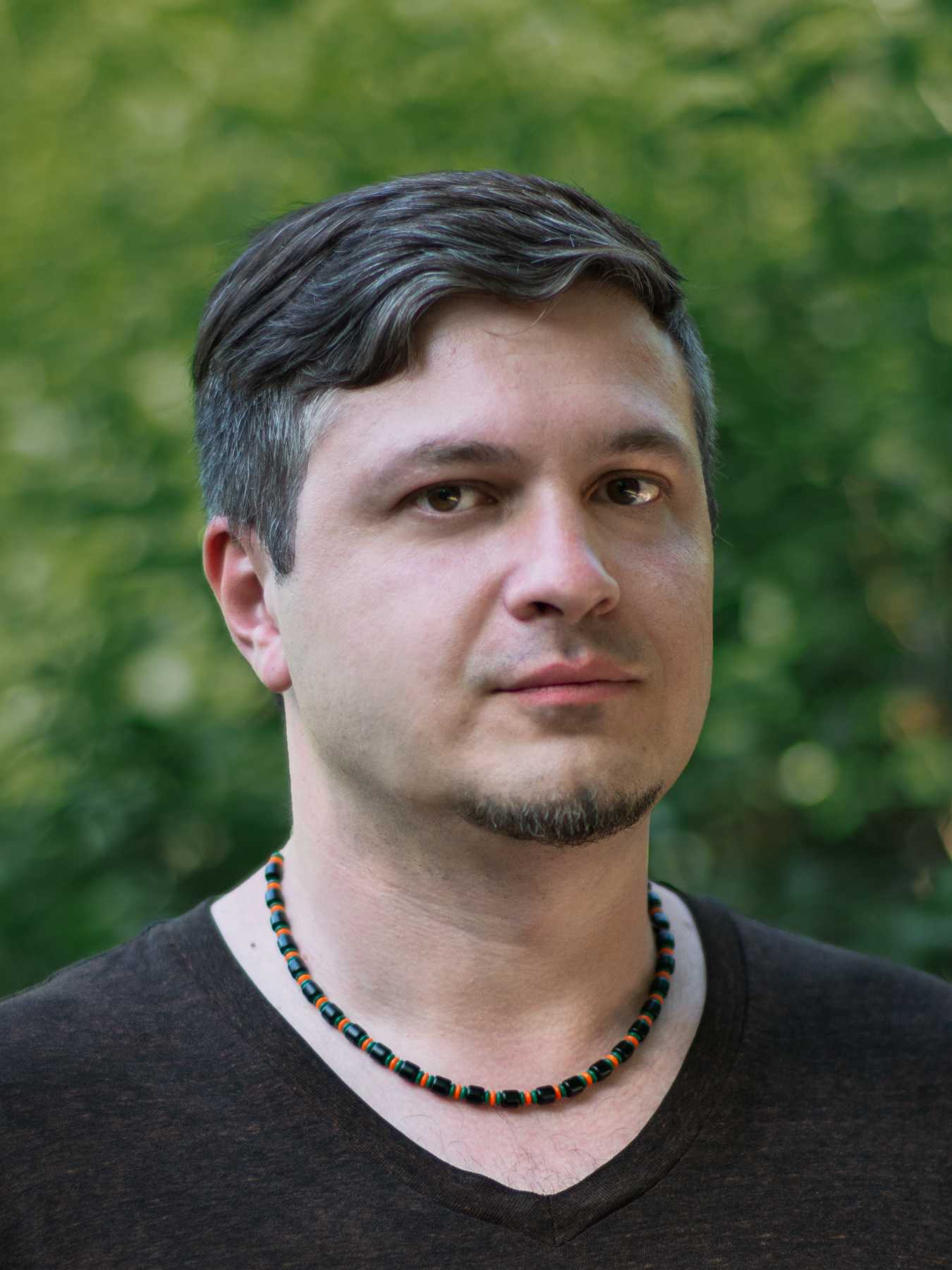On 22 July, TV channel Mtavari’s reporter in western Georgia Ema Gogokhia called the police to report a theft by the former Justice Minister, now a Minister of Culture Tea Tsulukiani.
Tsulukiani, one of the oldest allies of Georgian Dream founder Bidzina Ivanishvili, snatched Gogokhia's microphone after the reporter approached her during the event by Ivanishvili’s Cartu Foundation, and refused to return it.
The Georgian Minister for Culture later started teasing and mocking Gogokhia publicly during her speech and saying that there would be no use in calling the police. As of publication, she has still not returned the microphone or apologised. It was only the latest incident in a veritable avalanche of anti-journalist rhetoric coming from Georgian authorities since 5 July.
That day, when homophobic protesters mobilised in the streets of Tbilisi in order to disrupt Tbilisi Pride’s ‘March for Dignity’ they also attacked dozens of journalists, leaving 53 of them injured. Aleksandre Lashkarava, a camera operator with Formula TV who was severely beaten that day, died in his home several days later.
Within hours of his death, Georgian authorities hinted that it may have been caused by a drug overdose, and not by the severe head injuries he sustained during his beating.

Despite numerous condemnations locally and internationally, Georgian Dream has continued insisting that police did everything they could to defend journalists.
Mixed messages
Tbilisi Mayor Kakha Kaladze, the most popular public figure currently in government according to a recent poll commissioned by the International Republican Institute, also added his voice to the anti-media rhetoric.
Announcing his mayoral re-election campaign on 20 July, Kaladze spoke up about the recent violence. ‘All those who on 5 July did not spare you, hit you, and engaged in violence, damaged the progress of the country and our future', he said.
The apparent condemnation of the violence did not end there, however. As he continued to speak, Kaladze also described Georgian TV news programs as ‘psychological violence’ which he said he believed to be ‘equally evil’ to the physical violence of the homophobic mob.

‘The Georgian authorities should very clearly and unequivocally condemn the attacks on members of the press. Sending mixed messages usually puts journalists at additional risk’, Gulnoza Said, the Europe and Central Asia Program Coordinator at the Committee to Protect Journalists, told OC Media.
‘Georgian authorities should investigate the attacks against every single journalist and hold all perpetrators to justice’, she said. ‘We hope to see a thorough, transparent and swift investigation into the death of Aleksandre Lashkarava’
‘The international community is watching very closely’, she added.

So far 28 individuals have been charged over their alleged role in the 5 July riots, 24 of them for assaulting journalists. No organisers of the rallies, including those who were filmed calling for violence have faced any charges.
‘A constitutional duty’
Following the funeral of Aleksandre Lashkarava, leading Georgian media organisations — including TV companies Pirveli, Formula, and Mtavari — demanded the resignation of Georgian Prime Minister Irakli Gharibashvili and held protests opposing the ruling Georgian Dream party both on the streets as well as inside parliament.
The question: ‘when do you plan to resign?’ became a ubiquitous refrain said to the Georgian Prime Minister during his Q & A sessions with the media.

Nino Zuriashvili, Georgian journalist and head of the Studio Monitori investigative project, admitted that journalists calling on the government to resign is indeed extraordinary but that these are not ordinary circumstances.
‘Knock at any newsroom today in Georgia and you’ll find one or two journalists with bruised faces or injured hands or legs. These wounds have not healed yet’, Zuriashvili told OC Media. ‘I do believe that if not for 5 July, Lekso [Aleksandre Lashkarava] would have been alive today.’
[Read on OC Media: Journalists recall day of terror in Tbilisi]
In response to mounting calls for government resignation by media groups, Georgian Dream leaders not only rejected the criticism over mismanaging public safety on 5 July but have even begun a boycott of several major TV channels.
On 17 July, the Prime Minister’s office denied access for journalists from Mtavari, Formula, and Pirveli to cover Gharibashvili's visit to Georgian troops and their families at a military housing project in Tbilisi that day, because the media ‘crossed the line’ and participated in politics instead of reporting the news.

The following day, a large number of journalists, who said they had received accreditation to report in parliament, were barred from entering the building during a parliamentary hearing. The government eventually canceled the hearing and blamed the opposition.
On 20 July, Tornike Rizhvadze, the chair of Georgia’s Autonomous Republic of Adjara, demanded that journalists ‘behave’ if they wanted to regain access to his cabinet meetings.
Speaking with OC Media, veteran journalist Nino Zuriashvili noted that the authorities have more than enough avenues at their disposal to respond to criticism, even if they think the criticism is unfair. Indeed, Zuriashvili is among the first to admit Georgian media is both polarised and politicised.
‘This could make the authorities annoyed’, she said. ‘But you get annoyed and you should get over it, the constitution obliges you [the authorities] to tolerate this’.




 23 July 2021
23 July 2021




